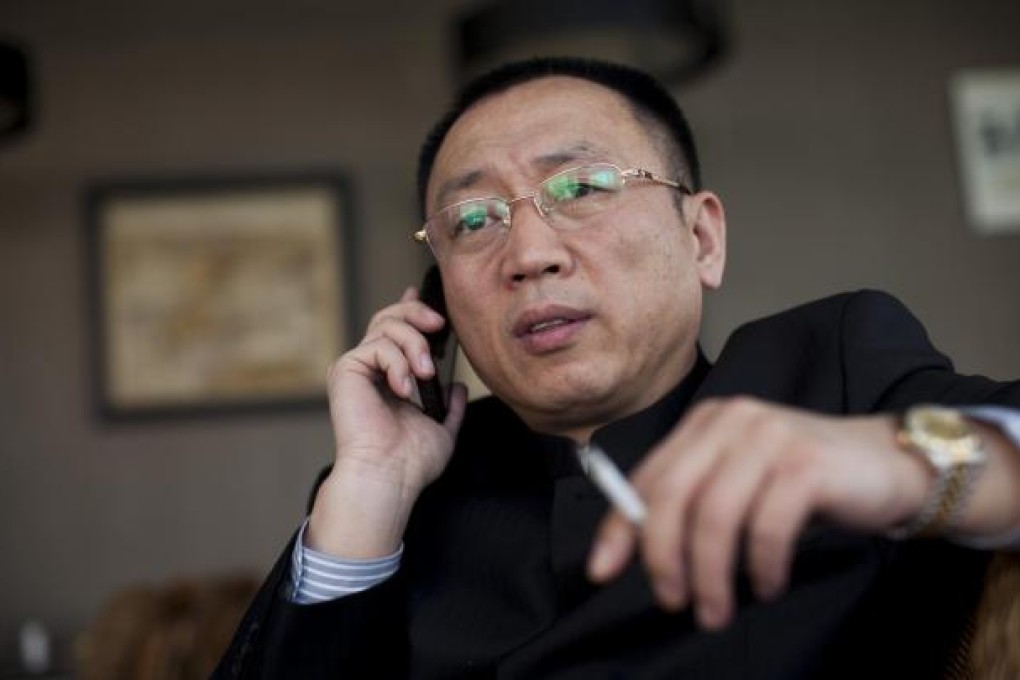Opinion | Defence lawyers under threat
Lawyers want two controversial clauses which curtail their powers dropped from a judicial review, and question state legality as a result

Mainland authorities appear to be taking a step back on the reform path to support greater legal representation for the accused in criminal cases, a leaked Supreme People's Court document shows.
The draft SPC judicial interpretation of the controversial Criminal Procedure Law (CPL) amendments, which was passed in March and is due to come into effect in January, was leaked last month. At stake are two clauses buried in the lengthy document that reflect a stubborn and worrying official belief that defence lawyers are trouble makers. Rather than allow greater protection for defence lawyers, the controversial clauses - No 249 and No 250 - provide the courts with even more tools to control them.
The first clause says that lawyers must now obtain approval from the court to bring laptop or tablet computers into the court room, and must not use them for voice or video recording, photographing, or to report about court proceedings through e-mails or microblogs.
The second stipulates that any defence lawyer deemed to have "seriously disrupted courtroom order" - which will likely include behaviour mentioned in the preceding clause - can be banned for between six months and a year. The court can even ask the judicial department to suspend or revoke the lawyer's licence.
News of the two clauses has sparked an uproar in the mainland legal community, still seething over the arrest of defence lawyer Li Zhuang during the notorious anti-triad campaign in Chongqing in late 2009. Many lawyers have demanded that the clauses be scrapped - with at least two National People's Congress members who are lawyers themselves petitioning the country's supreme legislative body to step in.
Their criticisms centre on two points - whether it is procedurally legal to introduce such powers through a judicial interpretation, and whether the powers themselves are legal.
Regarding the first point, critics say the clauses give the courts new powers which, under the country's constitution, could only be created by the legislature, and not sneaked in though a judicial interpretation that is not subject to public discussion.